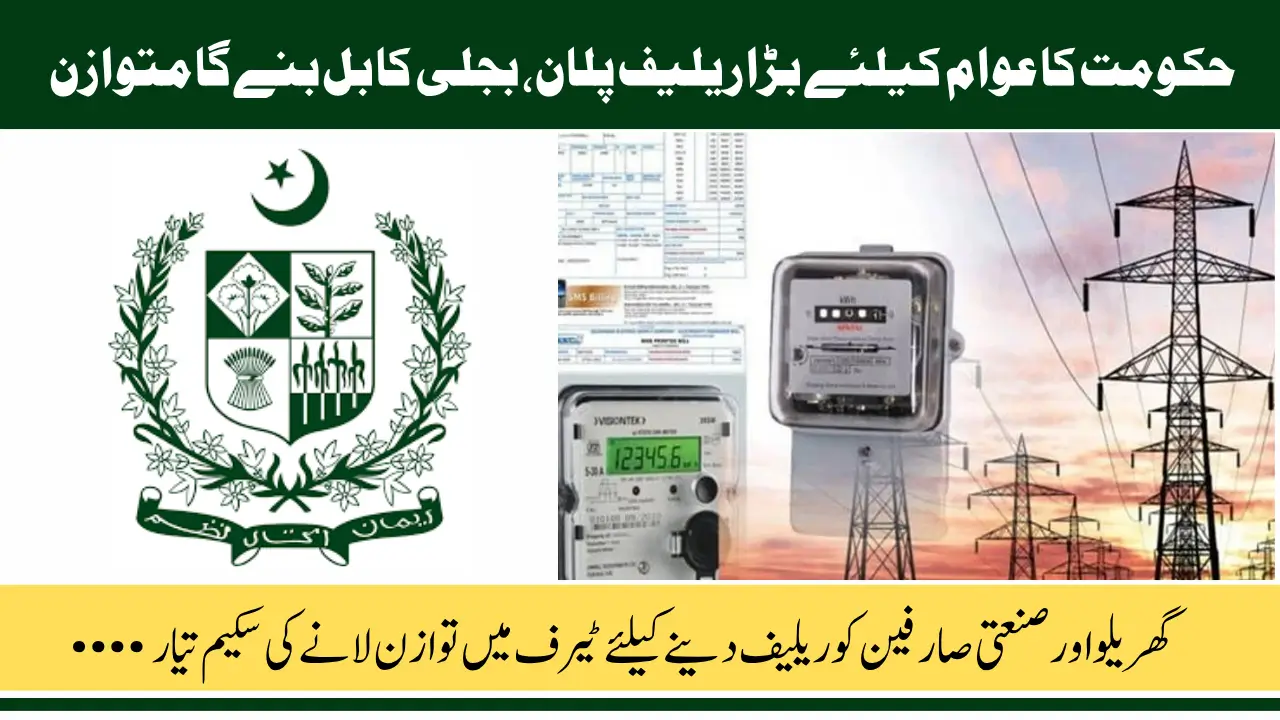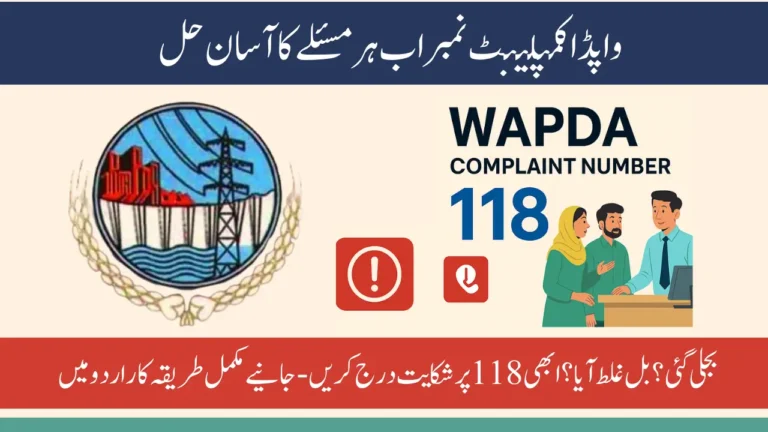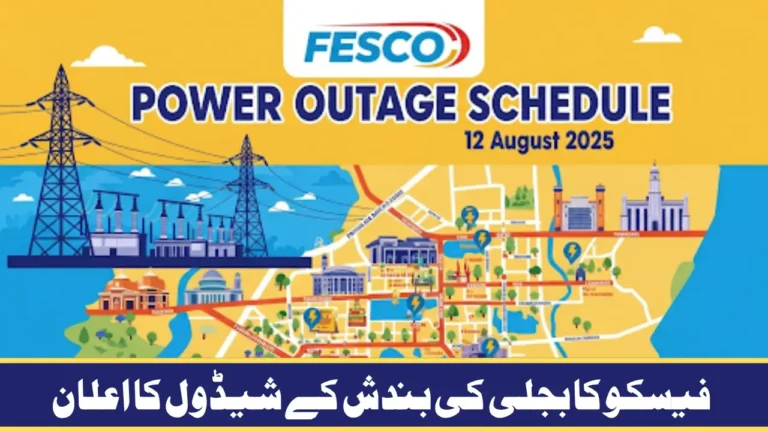
New Power Tariff Balance Scheme
The Government of Pakistan has taken a major step to improve the energy sector and provide relief to the people. A New Power Tariff Balance Scheme has been prepared to bring balance in the tariff to relieve the high electricity bills of especially domestic and industrial consumers. Revolutionary reforms have been made in the energy system under the leadership of SIFC (Special Investment Facilitation Council), the positive effects of which are being seen across the country.
The 150 MW power project in Sukkur and solar projects in Gilgit-Baltistan have paved the way for environmentally friendly electricity, while the hydro projects started with Saudi assistance in Azad Kashmir are a clear example of public welfare. At the same time, the dream of self-reliance in power generation is now becoming a reality with new agreements signed with Chinese companies such as a three-gigawatt solar plant in Karachi and a 300 MW project. The discovery of gas reserves in areas like Mari, Waziristan and Dadu has further strengthened the hope that Pakistan will soon be able to move forward in the field of energy without depending on anyone.

An effective campaign against electricity theft, a strategy to control circular debt, and plans for upgrading oil refineries are all putting the country on a new path of development. This is the time when the public should be given complete information based on truth so that they are well aware of the government’s efforts. If you want to know what this scheme means for you, then read this article.
People Also Read: PM Approves Apna Meter Apni Reading App to Eliminate Fake Readings and Overbilling – Complete Details Here
Key Energy Reforms & Initiatives at a Glance
| Area | Details |
|---|---|
| Anti-Theft Measures | Rs. 86 billion recovered by task force on electricity theft |
| Circular Debt | Comprehensive plan implemented to control growing circular debt |
| Tariff Balance Scheme | New plan to ease electricity costs for households and industries |
| Sukkur Power Project | 150 MW plant improving supply in Southern Sindh |
| Gilgit Solar Project | 1 MW eco-friendly energy for remote areas |
| AJK Hydropower | Two 70 MW projects funded by Saudi Arabia ($101 million) |
| Karachi Solar Plant | 3 GW SinoTech project enabling EV and battery production |
| NPGCL–China Deal | $200 million for 300 MW solar project |
| Thar Coal Block-I | Shanghai Electric’s investment boosting coal-based self-reliance |
| Oil Refinery Upgrades | $6 billion expected under Brownfield Refinery Policy |
| Gas Discoveries | New fields in Ghazi, Attock, Waziristan, and Dadu |
| DISCO Privatization | Planned to improve service delivery nationwide |
Power Sector Reforms Driving Self-Reliance
Thanks to the dedicated task force against electricity theft, Pakistan has successfully recovered over Rs. 86 billion, a major step in curbing financial losses in the energy sector. Meanwhile, a new and well-structured strategy is already in action to control the ever-growing circular debt. But one of the most promising developments is the design of a balanced electricity tariff scheme aimed at offering fair pricing to households and industries while maintaining sustainability in the energy grid.
The move comes at a critical time when inflation and fuel costs are putting pressure on domestic users and manufacturers alike. By creating a fair pricing mechanism, the government seeks to ensure uninterrupted electricity supply without putting an unbearable burden on consumers.
People Also Read: MEPCO Online Bill Check Process for June 2025 Complete Guide to View and Pay Your Bill Instantly
Major Projects Fueling Pakistan’s Energy Independence
New energy projects across Pakistan are playing a vital role in stabilizing power generation and expanding renewable energy adoption:
- 150 MW Power Project in Sukkur is addressing southern Sindh’s electricity demand.
- 1 MW Solar Project in Gilgit-Baltistan is now complete, delivering clean energy to remote communities.
- Two 70 MW Hydropower Projects in AJK, backed by $101 million Saudi funding, have officially begun.
In Karachi, a massive 3 GW solar plant built by China’s SinoTech Solar is already producing power and supporting local battery and electric vehicle (EV) truck manufacturing. Similarly, a $200 million deal between NPGCL and a Chinese firm for a 300 MW solar project is in motion.
People Also Read: MEPCO Bill Calculator – Estimate Your Electric Bill Latest Method 2025
Strategic Oil and Gas Developments
The government has also made notable progress in the oil and gas sector:
- Under the Brownfield Refinery Policy, $6 billion in upgrades are expected for three major oil refineries.
- New gas discoveries in Ghazi Field (Mari Petroleum), Attock, Waziristan, and Dadu are promising steps toward energy self-sufficiency.
Additionally, Shanghai Electric’s investment in Thar Coal Block-I is further helping the country reduce dependency on imported fuels.
Privatization and Reform for Better Service
The proposed privatization of power distribution companies (DISCOs) is expected to drastically improve service delivery and reduce inefficiencies. Through this model, consumers may finally see better customer support, fewer outages, and greater transparency.
Under the leadership of the SIFC, reforms in energy, petroleum, and renewable sectors are not only transforming Pakistan’s power landscape but laying the foundation for long-term, sustainable development.
People Also Read: GEPCO Bill Calculator By Consumed Units Latest Update – January 2025
Conclusion
Pakistan’s energy sector is finally moving in the right direction with bold reforms, major foreign investments, and long-awaited relief measures for ordinary citizens and industries. The Power Tariff Balance Scheme is set to offer fair electricity pricing, helping both homes and factories manage rising utility costs. From Sukkur to Gilgit, from Karachi’s solar plants to AJK’s hydropower stations, Pakistan is now building a future where energy is cleaner, cheaper, and more reliable.
Thanks to SIFC’s vision and the government’s decisive actions, the country is stepping away from dependence on imported energy and toward self-sufficiency. If these efforts continue, every Pakistani will soon feel the difference not only in their electricity bills but in the quality of power and national progress.





